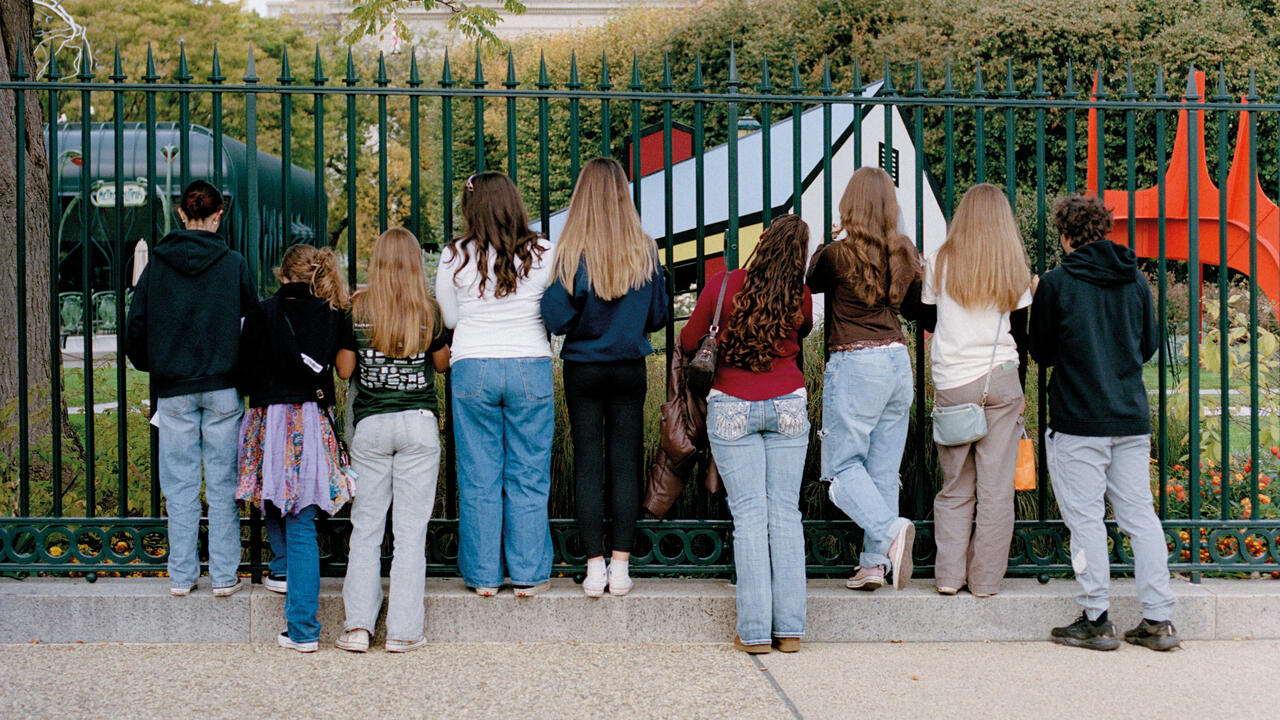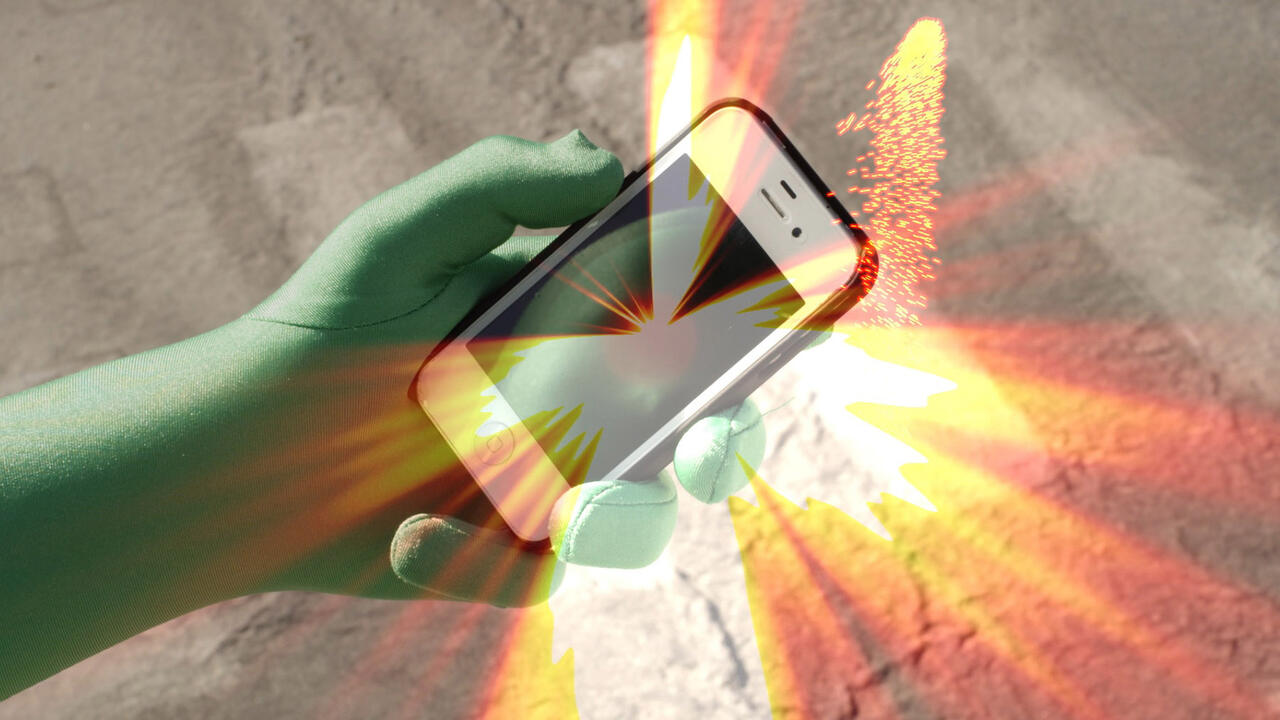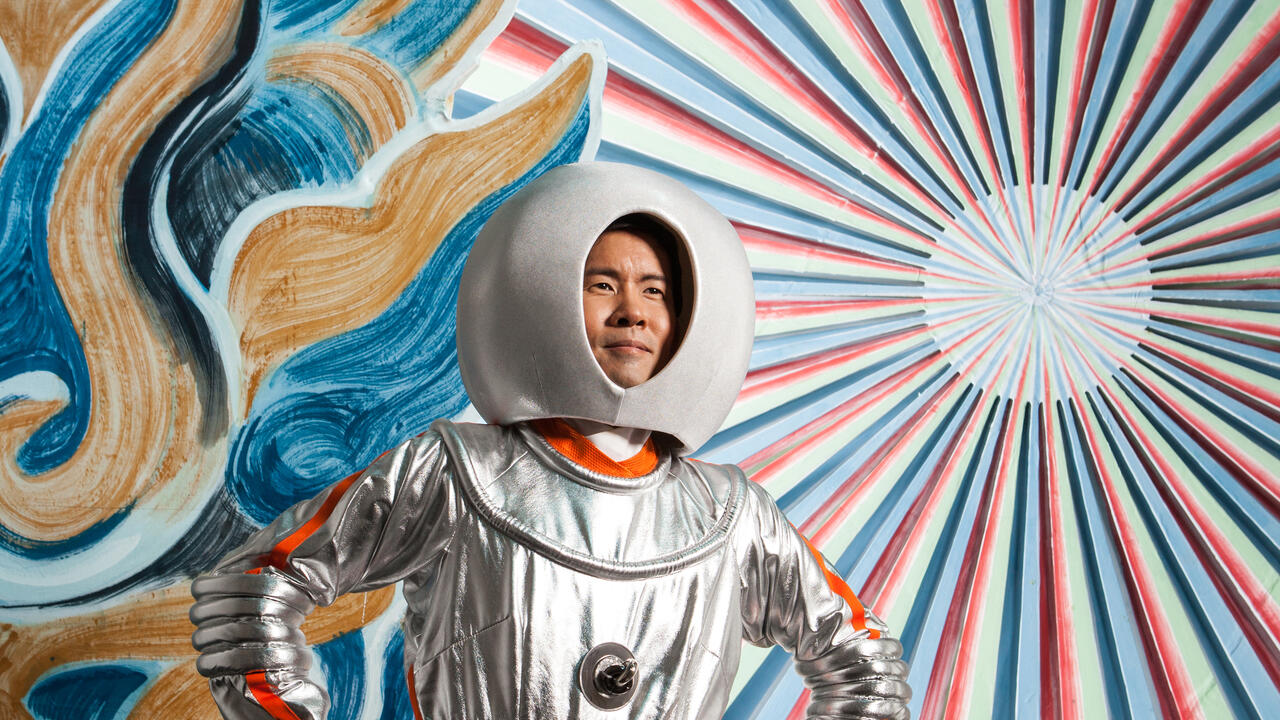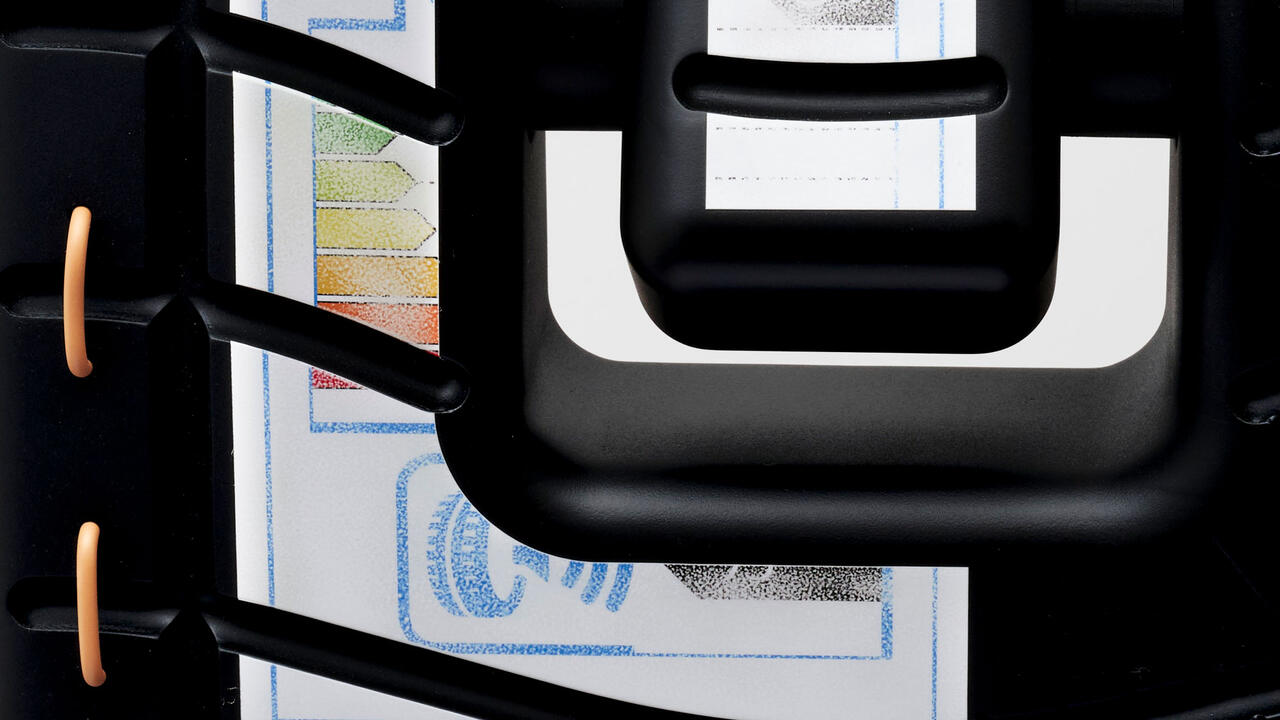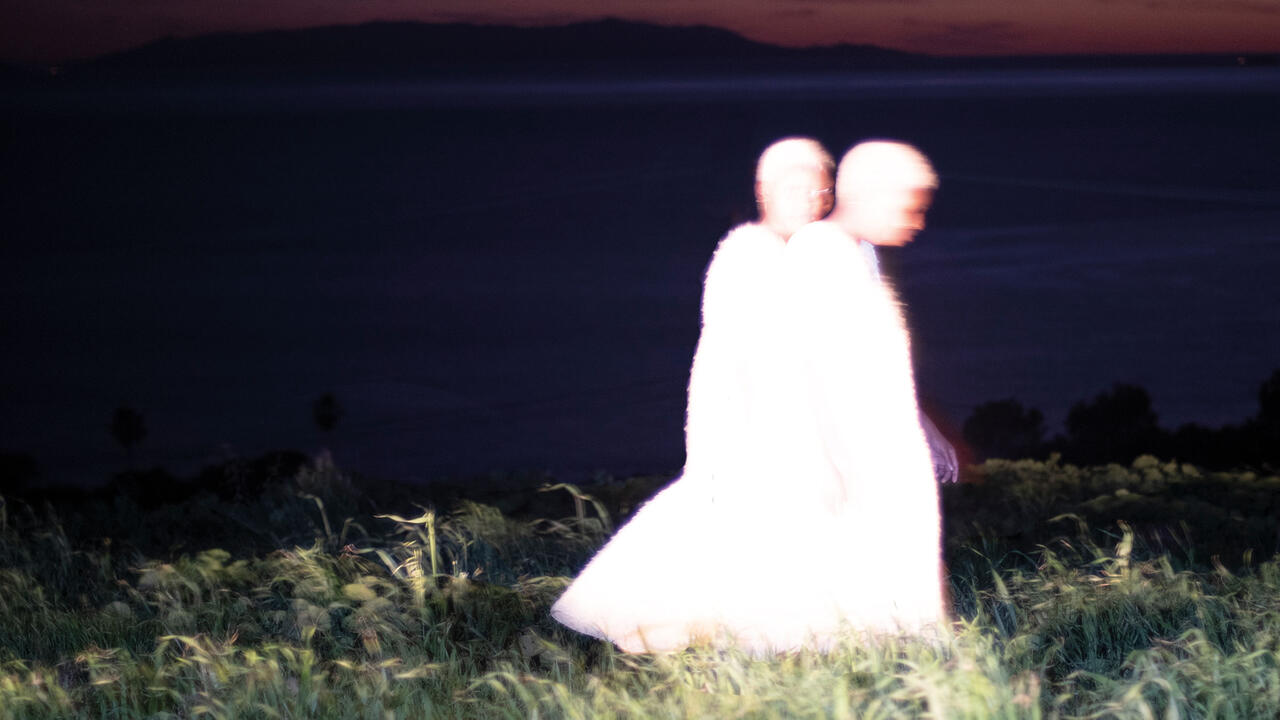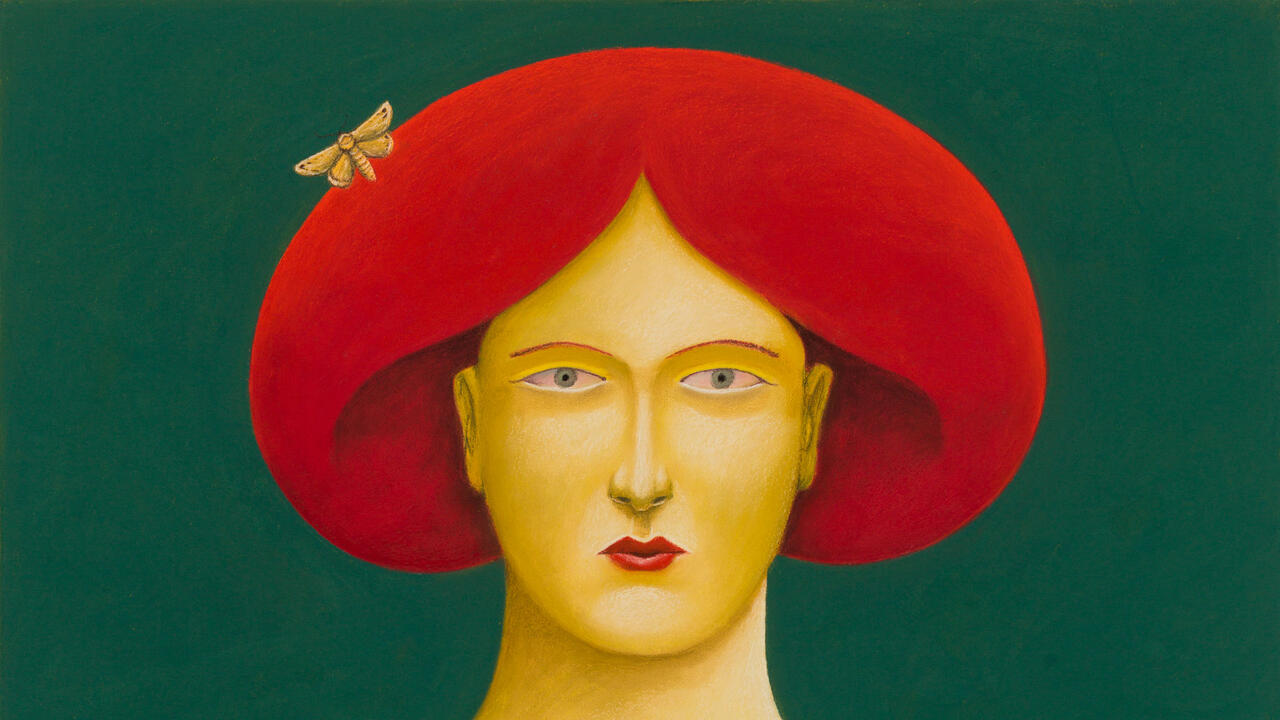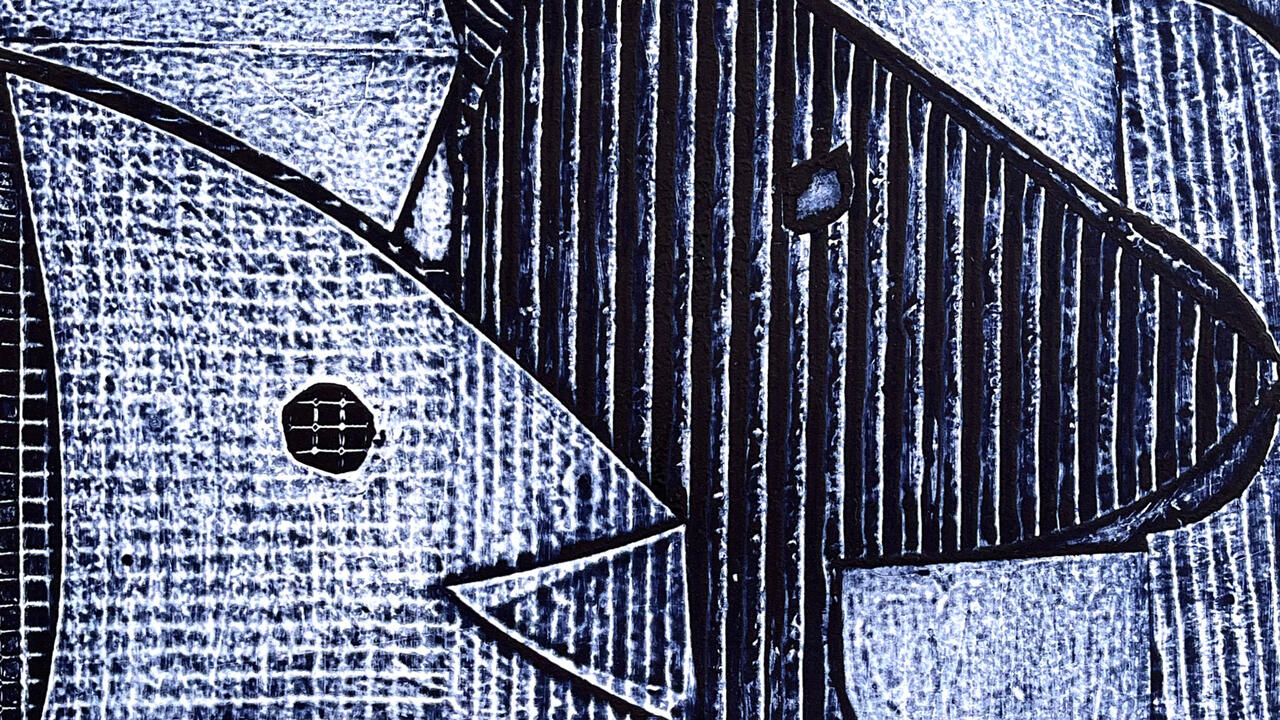Election Special: Fear Itself
For the fourth instalment of our US election series, tracing Trump’s nativist paranoia back to the founding of the USA
For the fourth instalment of our US election series, tracing Trump’s nativist paranoia back to the founding of the USA

Tomorrow morning, the United States will go to the polls to vote for their 44th president, choosing between the Democratic nominee Hillary Clinton, and the Republican candidate Donald Trump. This election cycle has been more divisive and toxic than any other in living memory in the US; it has widened old conservative and liberal fault lines, and created new, even more dangerous ones with the potential to effect not just the US, but the whole world.
This entry, from Andrew Hultkrans, is one of a seven-part frieze.com series that has been published throughout October in anticipation of tomorrow's vote. The remaining entries, considering key issues such as gender, education, environment, Brexit, race, and class, are available here.
***
As a US citizen interested in the paradoxes of my country’s national character, which are often most stark in the unhinged precincts of our bumptious right wing, I have regularly been asked to explain the Donald Trump phenomenon to friends both foreign and domestic. Surely The Orange One’s outrageous candidacy is without precedent in US history, they say. How could a country founded on the ideals of ‘liberty and justice for all’ cough up such a divisive, hateful demagogue, one who has so little respect for the Constitution that he flippantly threatens key elements of the Bill of Rights (such as press freedom and no religious test for citizenship or public office) in his campaign speeches?
In truth, The Donald is merely the latest iteration of a dark, confused strain of US politics that has been with us almost from the nation’s founding, a mishmash of contradictory attitudes bound by a few central tenets and exhaustively limned by historian Richard Hofstadter in his book The Paranoid Style in American Politics and Other Essays (1964). In a series of linked essays on ‘pseudo-conservatism’ that served as post-mortems on the McCarthyite 1950s and Barry Goldwater’s 1964 presidential campaign, Hofstadter traced the beliefs of American nativist right-wing populists – hyperpatriotic, authoritarian, isolationist, anti-immigrant, given to conspiracy theories, united in seething hatred of a cosmopolitan ‘elite’ that looks down its nose at them while redistributing their income to the indolent, undeserving poor – whose rage is driven above all by resentment and a feverish conviction that the country has been sold down the river by its own leaders.
In an essay titled ‘The Pseudo-Conservative Revolt – 1954,’ Hofstadter explained that he derived the term ‘pseudo-conservative’ from The Authoritarian Personality, a 1950 study by Theodore W. Adorno and associates of those who ‘believe themselves to be conservatives and usually employ the rhetoric of conservatism’ but who ‘show signs of a serious and restless dissatisfaction with American life, traditions, and institutions.’ According to Hofstadter, the American pseudo-conservative ‘sees his own country as being so weak that it is constantly about to fall victim to subversion; and yet he feels that it is so all-powerful that any failure it may experience in getting its way in the world … cannot possibly be due to its limitations but must be attributed to its having been betrayed.’
Beginning as early as the 1790s, this sensibility led to successive panics over the invasion of our white Protestant nation by hordes of Bavarian Illuminati, Freemasons, Catholics, ‘gold gamblers’ (read: Jewish bankers), Communists, and other foreign malefactors, all sent (like Trump’s fictional Mexican rapists) to sap the precious bodily fluids of ‘real Americans’ and steal the country from its rightful owners. (The howling absurdity of holding nativist attitudes in a nation of immigrants should go without saying, but constantly bears repeating.) A passage from an 1895 Populist Party manifesto exemplifies the hysterical pitch of pseudo-conservative rhetoric: ‘A vast conspiracy against mankind has been organized on two continents, and it is rapidly taking possession of the world. If not met and overthrown at once, it forebodes terrible social convulsions, the destruction of civilization, or the establishment of an absolute despotism.’ Seen as part of this tradition, wild Trump allegations such as ‘The concept of global warming was created by and for the Chinese in order to make US manufacturing non-competitive’ and ‘[Clinton’s] international donors control every move she made … history will record that 2017 is the year America lost its independence’ are as American as baseball and apple pie.

From the moment colonial leader John Winthrop delivered ‘A Model of Christian Charity’ (1630) – the oft-exploited ‘city upon a hill’ sermon – on the deck of the Arabella prior to its landing on the shores of the future Massachusetts, America’s ‘Ship of State’ has flown the twin standards of exceptionalism and paranoia. ‘The eyes of all people are upon us,’ Winthrop warned, adding that the fledgling colony’s failure would make it ‘a story and by-word through the world.’ Such Old World chatter would not be mere schadenfreude, but apocalyptic in tone, threatening the survival of Christianity itself. ‘We shall open the mouths of enemies to speak evil of the ways of God, and all professors for God’s sake,’ Winthrop continued, ominously. ‘We shall shame the faces of many of God’s worthy servants, and cause their prayers to be turned into curses upon us till we be consumed out of the good land whither we are going.’ The stakes were mercilessly high, celestial even; failure would be total, irrevocable, and deleterious to all of world Christendom.
From the very beginning, the people of this country suffered a unique form of status anxiety, initially instilled by the grim fatalism of Calvinist predestination, in which all were preordained by God as saved or damned eons before birth, with no recourse to change their status or method of divining it in this life. Furthering this uncertainty was an intentional lack of an aristocracy and rigid class system, a major break with European tradition that to this day prevents individuals from knowing where they truly stand in their communities. As successive waves of immigrants arrived, first- or second-generation US citizens felt they needed to consolidate and ‘prove’ their Americanness, often by prejudicially distinguishing themselves from the new arrivals, even if they came from the same country or faith. Material success was granted a moral character – an indication that one was of the Elect – and tied to the authenticity of one’s identity.
It is a short leap from this anxious patrolling of individual and national identity to doubts about Barack Obama’s provenance and religion. The ‘birther’ movement, whose most prominent voice was Donald Trump, was textbook pseudo-conservativism, blending nativism and McCarthyite smear tactics in an insinuation campaign based on a conspiracy theory. Obama himself represented a kind of Antichrist to such people – a transnational, post-racial, post-American, Ivy League-educated, neoliberal globalist, more at home with the Davoisie than with ordinary citizens. The benighted New Hampshire man at an early Trump rally who said, ‘We have a problem in this country, it’s called Muslims. We know our current president is one. You know, he’s not even an American…. But anyway, we have training camps brewing where they want to kill us. That’s my question, when can we get rid of it?’ neatly encapsulated the contemporary pseudo-conservative perspective. Trump’s answer – ‘A lot of people are saying that, a lot of people are saying bad things are happening out there’ – was the type of vague, baseless insinuation that encourages such sentiments to fester and spread.
So, is Trump unprecedented in American political history? Not at all. If you fashioned a man out of the legacies of the anti-Masons, the anti-Catholics, the Know-Nothing Party, the Populist Party, Nixon’s ‘silent majority,’ and the Tea Party, as well as the genes of Father Coughlin, Huey Long, Joe McCarthy, Roy Cohn, Barry Goldwater, George Wallace, and Pat Buchanan, and placed a golden loaf of challah on his head, you’d have our Donald, an Ugly American for the new millennium.








